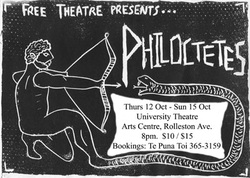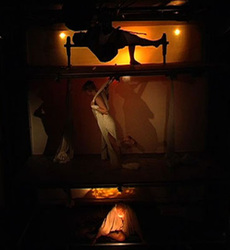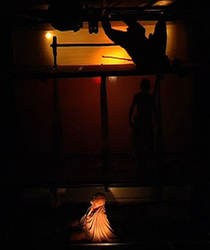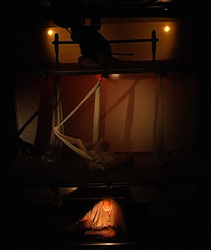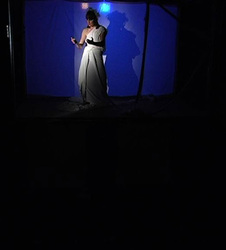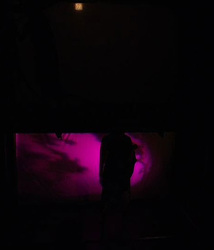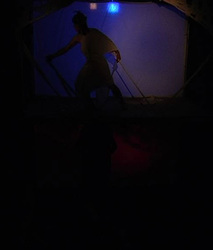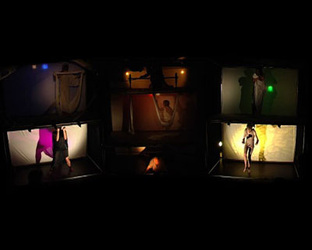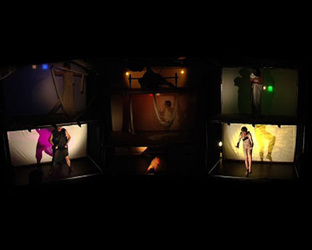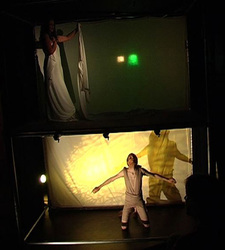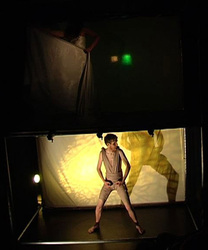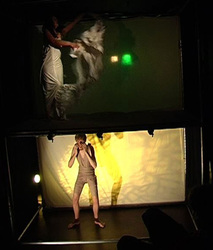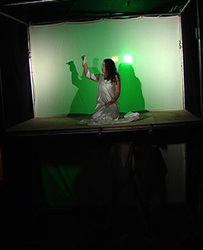PHILOCTETES
|
- HOME
- ABOUT
- UPCOMING
- EDUCATION
-
ARCHIVE
-
Productions 1979 - present
>
- Babylon Berlin
- Beggars Banquet
- Woyzeck
- The Tempest
- The Axe
- Endgame
- Digitising Performance
- Erewhon: Over the Range
- A Summer Night's Dream
- How Dare You
- A Winter's Tale
-
Ubu Nights
>
-
Past Ubu Nights
>
- Ma Ubu Night
- Ubu Through the Looking Glass
- Ubu in Wonderland Ubu Night
- Frankenstein Ubu Night
- Casablanca Ubu Night
- Faust Ubu Night
- Not Hamlet Ubu Night
- Punk Ubu Night
- The Art of the Deal Ubu Night
- Crossroads Ubu Night
- Ubu Shows Us the Way to Brecht's Whiskey Bar
- The Devil and the Blues Ubu Night
- Bowie Ubu Night
- Warhol Ubu Night
- Berlin Kabarette
- Beat Ubu Night
- Twin Peaks Ubu Night
- David Lynch Ubu Night
- Kafka Ubu Night
- Tango Ubu Night
- Ubu Ubu Night
- Lovecraft Ubu Night
-
Past Ubu Nights
>
- Ars Acustica
- Alice
- The Black Rider
- Frankenstein
- The Mauricio Kagel Project
- Te Puna Toi 2015: Footprints/Tapuwae
- Kafka's Amerika
- The Soldier's Tale
- Canterbury Tales
- I Sing the Body Electric
- Hereafter
- Passion, Pulse and Power
- The Earthquake in Chile
- Doctor Faustus
- The Marvellous Corricks >
- Distraction Camp
- Remake
- Ella and Susn
- Free Theatre - 25 years and counting...
- Faust Chroma
- Enigma Emmy Goering/Nico Sphinx of Ice
- Faust Feast
- Diana Down Under
- Philoctetes >
- Fantasia
- Christmas Shopping
- Grimm's Sleeping Beauty
- Achternbusch in the Antipodes
- Caucasian Chalk Circle
- Samson Airline
- Kabarett Kabul
- Footprints/Tapuwae
- Last Days of Mankind
- Medea
- Bakkhai / Diotek
- Krapp's Last Tape
- Murderer Hope of Women / The Philosopher's Stone
- Comrade Savage
- Love on a Bicycle
- Resolution Island
- Songs for the Judges
- Crusoe
- Oedipus Rex/Oedipus at Colonus
- States of Shock
- Empire Builders
- Yes
- Power
- Robinson Crusoe: Or I THat Was Born To Be My Own Destroyer
- Newsbites
- Dumped in Space
- MedeaMaterial
- Salome
- Electra
- Sphinx and Strawmen
- The Girl Who Sings Waterfalls
- Hamletmachine
- Oresteia
- A Respectable Wedding
- Bitter Tears of Petra von Kant
- Double Act and Postponeless
- Cloudkiwiland
- Preversions
- G.O.P. Helpomatic
- The Mortal Pleasure of Wander Lust
- Red Cross & Takeaway
- Lulu Earth Spirit
- The Meeting
- Action / Tongues
- Cowboy Mouth
- The Rise and Fall of the City of Mahagonny
- A Letter from L
- Dinosaurs and All the Rubbish / The Hunting of the Snark
- The Ride Across Lake Constance
- Electra
- In Three Minds
- The Rapist Over Suzannah
- 1984: The Future Is Now
- Leonce and Lena
- Kabernette
- The Joffongract
- My Foot, My Tutor
- King Lear
- King Ubu
- Jazz Cellar Dada / Heavy Metal Cabaret
- Kabarett
- Black Cat Cabaret
- The Gas Heart/Ox on the Roof/The Mirror Wardrobe One Fine Evening
- Round Dance
- Woyzeck
- Make-up Ground down / Texts for Decomposition
- Court Case: Arts Centre vs Free Theatre
- Image Gallery 1979 - present
- TV3 Clips
- Selected Reviews
-
Productions 1979 - present
>
- Te Puna Toi
- SUPPORT
- BLOG

